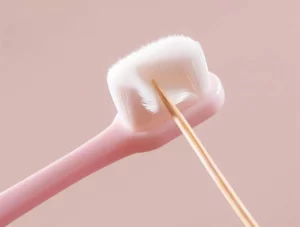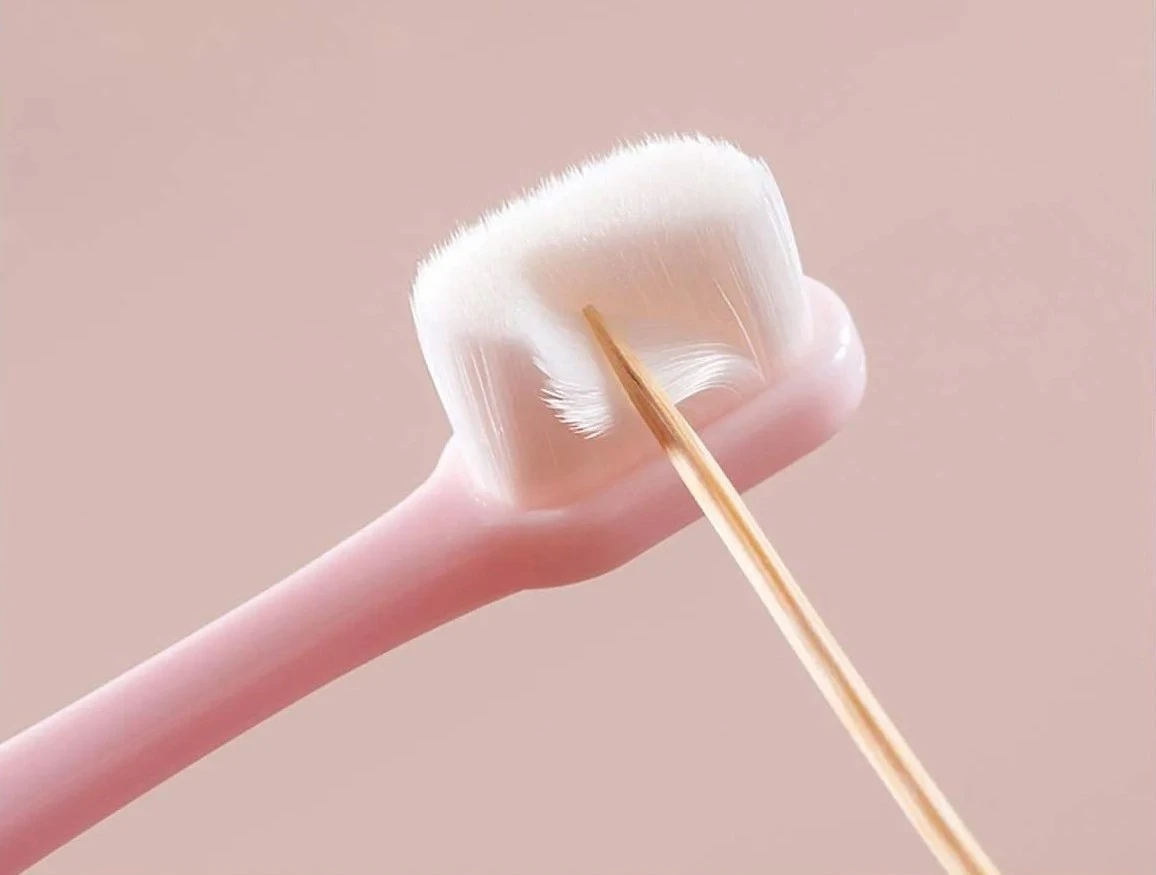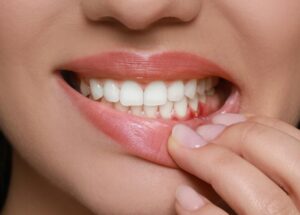Quick take: If your gums bleed, feel tender, or you’re seeing recession, a soft or extra-soft bristle is typically the safest choice. Hard bristles can wear enamel and irritate gums over time. Pair soft bristles with light pressure and a gentle technique for best results.

Soft-Bristle Toothbrushes for Sensitive Gums: What to Buy & How to Brush
Quick take: If your gums bleed, feel tender, or you’re seeing recession, a soft or extra-soft bristle is typically the safest choice. Hard bristles can wear enamel and irritate gums over time. Pair soft bristles with light pressure and a gentle technique for best results. Why soft bristles are safer





